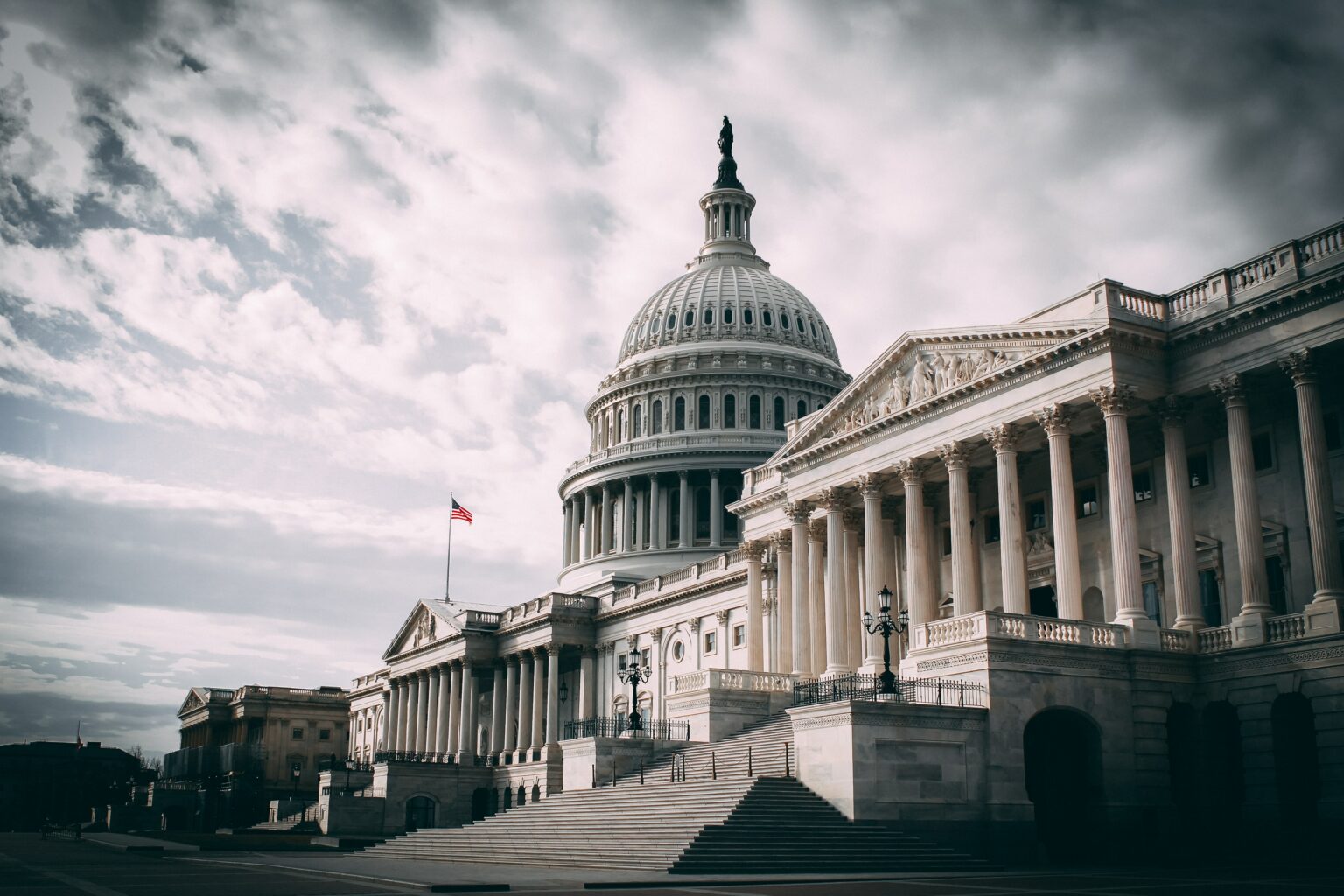On Monday Senate Majority Leader Chuck Schumer (D-NY) announced plans to hold hearings on the House’s debt ceiling bill.
Schumer, who did not say when the Senate would vote on the bill, said the hearings would aim to “expose the true impact” of the Republican-led House’s proposal to cut spending for a decade in exchange for a short-term debt ceiling hike.
On Thursday the House passed its bill by a 217-215 vote following amendments approved by House Speaker Kevin McCarthy (R-CA) just hours after he’d told reporters he was not entertaining any more changes to the legislation.
Those amendments included restoring three tax breaks for biofuels, speeding up the timeline for tougher work requirements for Medicaid recipients, and allowing for the possibility of future cuts to veterans’ benefits.
“Last week, House Republicans sent a hard-right ransom note to the American people,” Schumer wrote in a letter to his colleagues on Monday, adding, “The Senate will show the public what this bill truly is. Beginning this week, our Committees will begin to hold hearings to expose the true impact of this reckless legislation on everyday Americans.”
On Thursday, the Senate Budget Committee is set to hold a hearing entitled, “The Default on America Act: Blackmail, Brinkmanship, and Billionaire Backroom Deals.”
The federal government hit its $31.4 trillion debt limit on January 19, at which time the U.S. Treasury undertook what Secretary Janet Yellen called “extraordinary measures” to prevent default.
However, both Yellen and the non-partisan Congressional Budget Office (CBO) have warned that those measures will run out some time this summer—possibly as early as June.
That, Yellen has cautioned, would spell economic “catastrophe” for the country.
“Household payments on mortgages, auto loans, and credit cards would rise, and American businesses would see credit markets deteriorate,” she said. “On top of that, it is unlikely that the federal government would be able to issue payments to millions of Americans, including our military families and seniors who rely on Social Security.”
Wall Street analysts have further noted that a stock market plunge as a result of debt default could wipe out 6 million jobs and $15 trillion in wealth.
On Monday, President Biden urged Republicans to take the threat of debt default in exchange for budget cuts off the table, stating that the United States is “not a deadbeat nation.”
“We’ve done our job,” McCarthy told reporters just after the House vote last week. Referring to the President, he added, “The Republicans have raised the debt limit. You have not. Neither has Schumer.”
The United States has never defaulted on its debt. But it has repeatedly come close, perhaps most notably in 2011 when the U.S. suffered its only credit rating downgrade in its history, amid the rise of the conservative tea party movement in the House.


